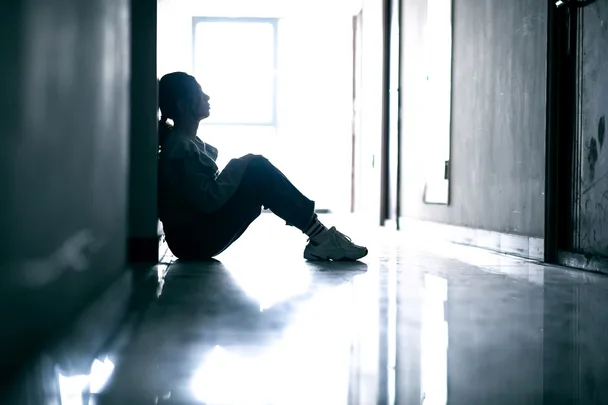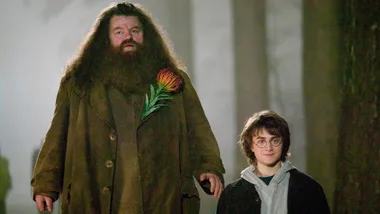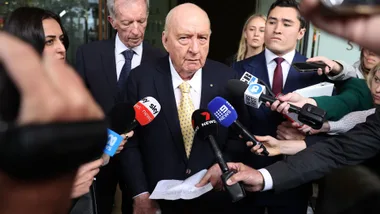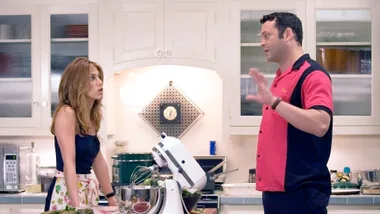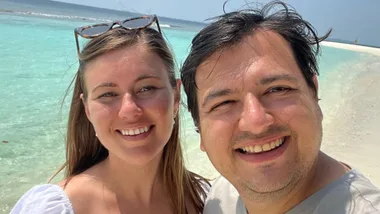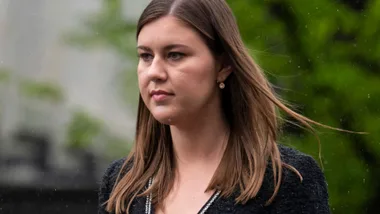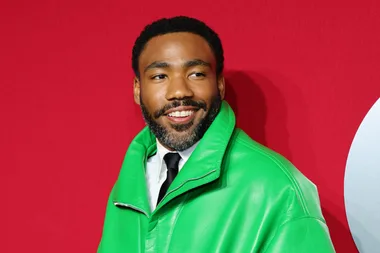Today, there are 49,000 women who are homeless across the nation, with no means or assistance to have a home of their own.
Michael Crooks speaks to three women – all of whom have run their own businesses – share their journeys of courage, despair and homelessness.
Glen Marie-Frost
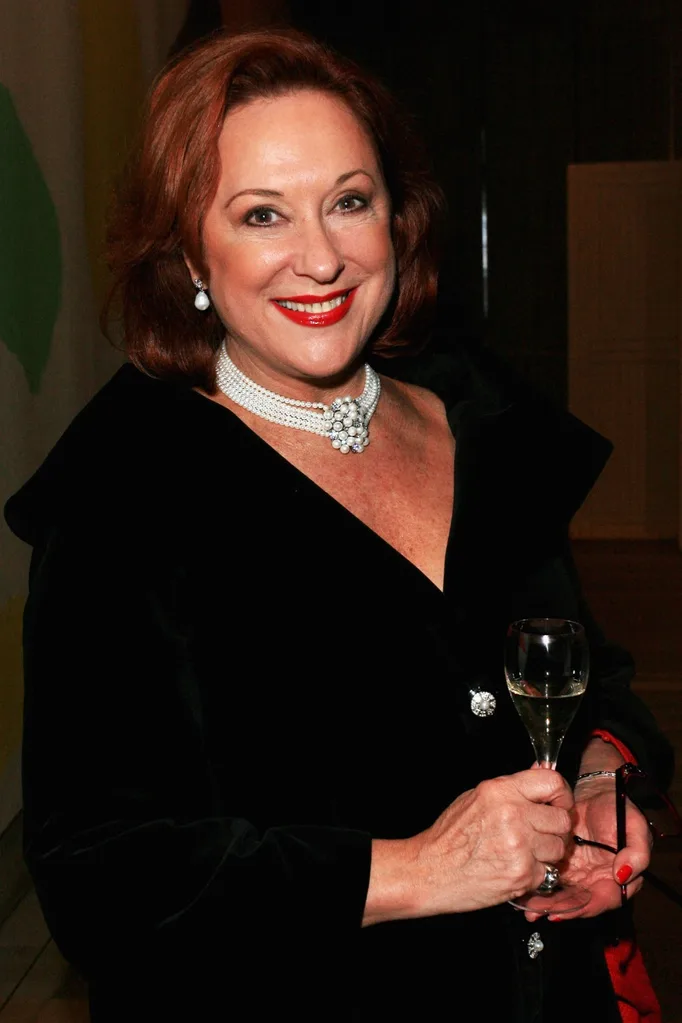
Glen-Marie Frost, 72, was once one of the most powerful public- relations women in Australia and lived in a mansion in Sydney’s Bellevue Hill. She managed her own international PR company and was head of communications and community relations for the Sydney Olympics. Her friends included TV personality Kerri-Anne Kennerley and a cast of high-profile politicians including former NSW Senator Helen Coonan. A heartbreaking twist of fate changed everything.
“I grew up in Brisbane and at the age of 17 I did some modelling and won a swimsuit competition that sent me on a tour around Australia. After visiting Sydney, it beckoned to me. I moved there and began working in PR. I created my own PR company in 1983 and at one stage I had the biggest international accounts of any PR person in Australia.
I married Bob Frost in 1985 [Frost was executive chairman of the Australian wing of UK property group MEPC]. The following year I gave birth to our son, Andrew. Bob was the most generous man I’ve ever met, and I think that’s probably where everything went wrong. I was his second marriage, and he went into debt unbeknownst to me.
I didn’t ask enough questions like: Can we afford this? Do we need this? These are questions that women should ask of their husbands. When Bob had less income, he never learnt to curb his generosity. In the end, we had so little money we had to sell our home and move into a rental property. When the marriage ended, I didn’t have any cash settlement or property.
I worked as a corporate executive coach and then my knees failed me, and I needed joint replacements. I didn’t have private health cover anymore, so I was on a long waiting list. I had to resign [to] my clients and from then it was a journey that spiralled downwards. I woke up one day and thought, “I can’t pay for rent this month.” Another part of me said, “You’re homeless.” I laughed, then I started crying.
I was staying with friends, moving from place to place, and house-sitting. Today I live in women’s housing in Sydney after being on a waitlist for seven years. I’m a grandmother to an adorable 14-month-old boy and I’m a civil celebrant.
I had a minor stroke nearly two years ago and got immediate medical care. I thought, “God’s given me another chance, I have to keep going out there and save the world.” I now work with The Equanimity Project, which advocates for homeless women.
I don’t miss the life I had. I’m just so thankful I was blessed with so many rewarding opportunities. There’s a couple of paintings I miss, including a big Graeme Townsend and a Tim Storrier, and I would like to have a bigger cupboard for my clothes but that’s all. I just want peace, health and happiness for my family and friends. I’m blessed that I have a roof over my head, unlike so many other women out there.”
Talie Star
Professional singer-songwriter Talie Star was running a successful music business with her husband, performing at functions throughout her home state. But she found herself homeless after having to leave due to a number of distressing issues. After experiencing “soul destroying” homelessness and a debilitating health condition, she got back on her feet and was inspired to work as a consultant in domestic violence, homelessness and disability.
I think people have this idea that if you leave [a difficult home situation] your life is suddenly great. But actually it gets worse. After I [became single] I stayed at my rental house until the landlord put up the rent by $100. And then there was no way I could afford to stay there, even with a flatmate. So then that started me on the path to homelessness.
Because my relationship ended, I also lost most of my income. It was hard to get an affordable rental. And when I did get one, the rent would go up or the property was sold, and I had to leave. So after that I was relying on people offering a bed or a couch or whatever. I ended up living with different people I didn’t know – friends of friends. I went from
one place to another.
Being homeless… you don’t have that place to go to that’s safe. I had pets die and nowhere to bury them. All while trying to deal with the trauma I had suffered.
The government organisations you deal with for help work on a system of power and control. So you’ve escaped a situation of power and control and then you get thrown into these systems that are just as bad. They treat you like a criminal. If you’re articulate and educated, they ask, “Why do you need help?” Well, anybody can need help. It’s horrendous.
When I finally got a public housing property, I could start building my life back up again. I was on a priority list because I have a degenerative spinal disease.
I now work as a consultant in domestic violence, homelessness and disability. I’m trying to change the system from the inside out. I wish governments would understand the reality of people’s lives. No-one chooses to be homeless, I can tell you that.
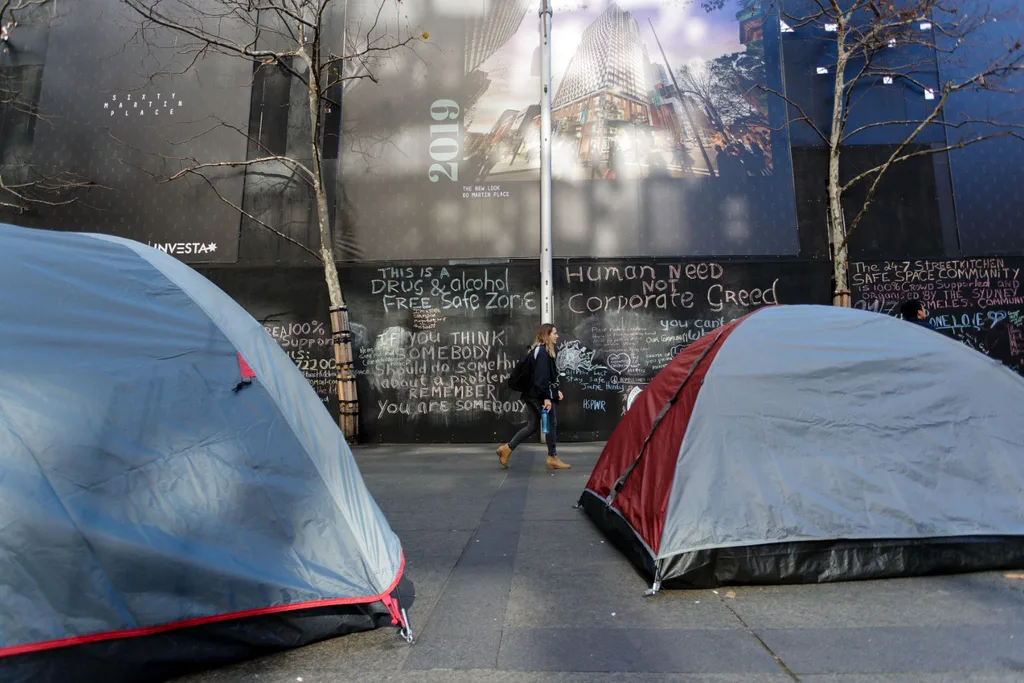
Lauren De Groot
The 27-year-old single mother from Lismore, New South Wales, first became homeless after leaving an unhappy domestic situation. Lauren, who has a bachelor of social work, and her daughter, Freya, three, were previously left homeless after her house burnt down in an accidental fire last year. The pair slept on friends’ couches until Lauren found an apartment in the Lismore CBD, just before the floods hit.
As a single mum it’s hard to get a rental. A single income is not taken well and it’s also hard to save money for a bond. At that time, I was reliant on Centrelink, and landlords often make negative assumptions about single mums on benefits.
I eventually found an apartment above a shop in the Lismore CBD. Then I found work as a disability support worker. It was nice to have a home and I had plans to send my daughter to the local school. When the flood hit, I spent hours calling the SES, calling the police. Eventually the SES said, “Sorry, we can’t come.” Then they said, “Good luck.” Which felt awful.
It was agonising waiting as the water rose in our flat. We were panicking. Freya was terrified. I kept putting her higher and higher on things. I rang my mum, saying, “We’re going to die, I love you.” I thought we were going to get swept away. I remember asking my mum, “Do you think I should drown her first so she doesn’t suffer?”
Eventually, my dad was able to borrow a boat and he rescued us. We stayed at my mum’s house for two days. It’s just too difficult for us to live there, or at my dad’s place.
Recent floods in northern NSW have put further pressure on housing options. Our apartment is gutted, all of our stuff is gone. So we had to couch surf with friends and do some house sitting.
I called the housing department and somehow [comedian and author] Mandy Nolan, who is the Greens candidate in our electorate, heard about my story. She messaged me saying, “I’ve got a friend who wants to give you this caravan for six months.” I couldn’t believe it.
We’ve been in the caravan for two weeks now. It’s been good that my daughter has a roof over her head, but it’s hard, too. There’s people everywhere, cars everywhere, and a noisy pub is right next door. I can’t leave her alone in the caravan to go to the park’s bathroom at night.
The government has dropped the ball in every way. They’re either completely absent or they bungle attempts to provide what looks like support. I have a caravan, but I still have to pay $700 a week rent for the campsite. The support I get is nowhere near enough.
I never imagined my life would be this way. My goal is to find somewhere for us to live that’s affordable, that’s not chewing away all of my money on rent, that’s not paying somebody else’s mortgage. I would love my daughter to have everything she needs.
How Can You Help?
There are currently 400,000 women aged 50+ at risk of becoming homeless. It’s a national crisis that continues to slip through the cracks of parliamentary recognition. To help put women’s homelessness on the agenda, Are Media is petitioning for 16,810 permanent homes to address this crisis ahead of the upcoming election. To achieve this, the women’s safety and homelessness sector has determined that $7.6 billion is required from governments over the next four years to provide long-term housing for Australian women. Help enforce our position that women’s safety is a critical issue by signing the petition at unhoused- women.com.au.
This story originally appeared in the June issue of maire claire Australia.
